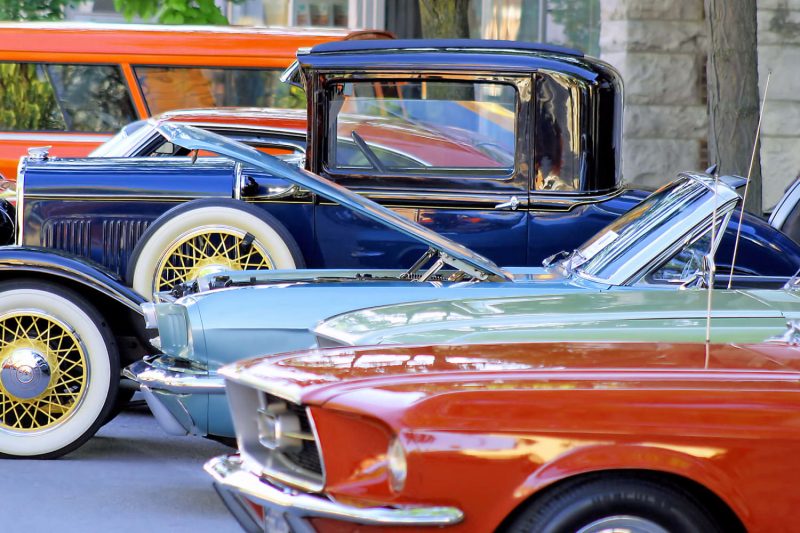
Revving Up: Millennials Shake Up Monterey Auctions, Slowing Classic Car Sales
Classic Car Sales Stall in Monterey Auctions as New Generation Takes Charge
The classic car market has long been a niche sector dominated by seasoned collectors and enthusiasts who have a deep appreciation for the history and craftsmanship of vintage automobiles. However, recent trends suggest that a significant shift is underway, as a new generation of buyers with different tastes and priorities is beginning to make its mark on the industry.
One clear indicator of this changing landscape is the recent stalling of classic car sales at the prestigious Monterey auctions. Once considered a bellwether for the health of the vintage car market, the lackluster performance of these auctions has raised concerns among industry insiders and sparked a debate about the future direction of the hobby.
One of the key factors driving this shift is the changing demographics of classic car buyers. Traditionally, the market has been dominated by older collectors who are drawn to the nostalgia and prestige of owning a vintage automobile. However, as this demographic ages and younger buyers enter the market, their preferences and priorities are reshaping the industry.
Unlike their predecessors, many younger buyers are less interested in the high-priced, ultra-rare models that have long been the mainstay of classic car auctions. Instead, they are seeking out more accessible and practical vehicles that they can enjoy driving on a regular basis. This shift in focus has led to a decline in demand for the most expensive classic cars and a corresponding drop in prices at auctions.
In addition to changing tastes, economic factors are also playing a role in the stalling of classic car sales. The global pandemic and its economic fallout have had a significant impact on the classic car market, with fewer buyers willing or able to invest in luxury items like vintage automobiles. This has put further pressure on prices and made it more difficult for sellers to find buyers willing to meet their asking prices.
Despite these challenges, there are signs of optimism for the future of the classic car market. Some industry experts believe that the current downturn is a temporary blip caused by the unique circumstances of the past year and that the market will rebound once economic conditions improve. Others point to the growing interest in electric and alternative-fuel vehicles as a potential bright spot for the industry, as younger buyers seek out more environmentally friendly options.
In conclusion, the classic car market is at a crossroads, with traditional buyers making way for a new generation of enthusiasts with different tastes and priorities. While the recent stalling of sales at the Monterey auctions may be cause for concern, it also presents an opportunity for the industry to evolve and adapt to the changing landscape. By embracing new trends and finding ways to appeal to younger buyers, the classic car market can continue to thrive for years to come.
